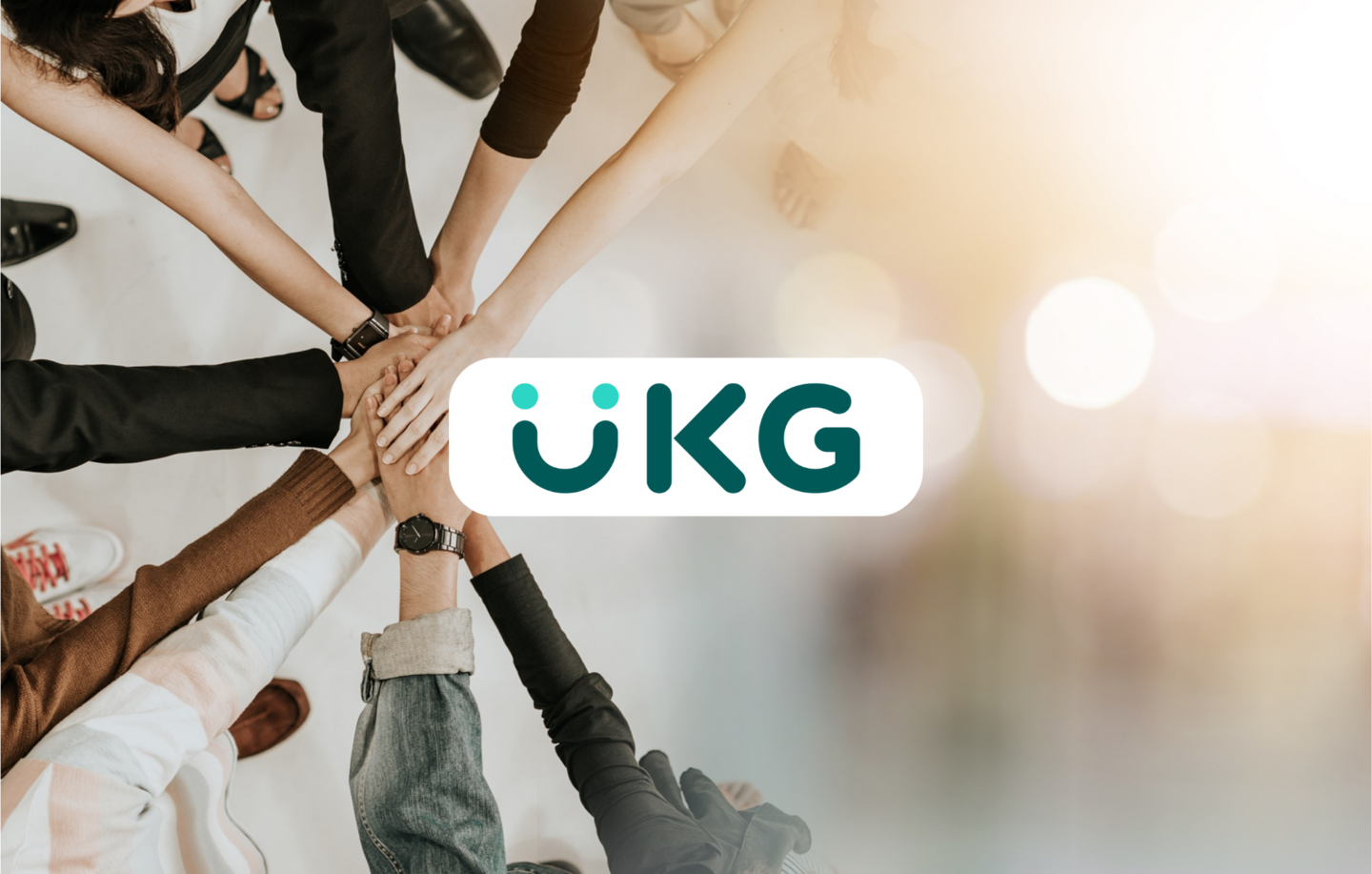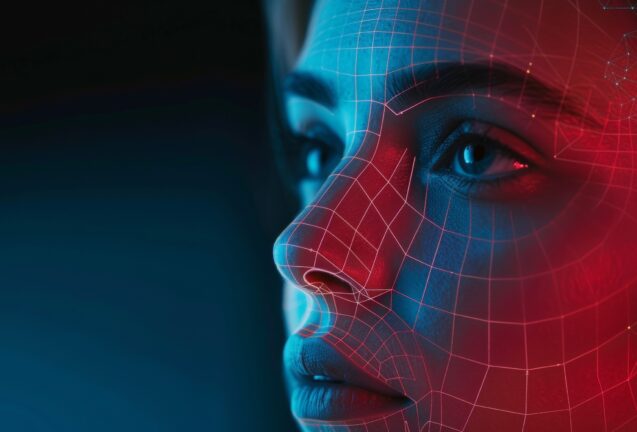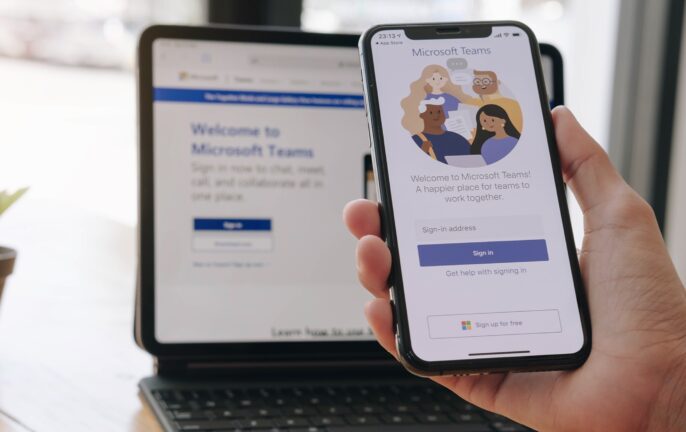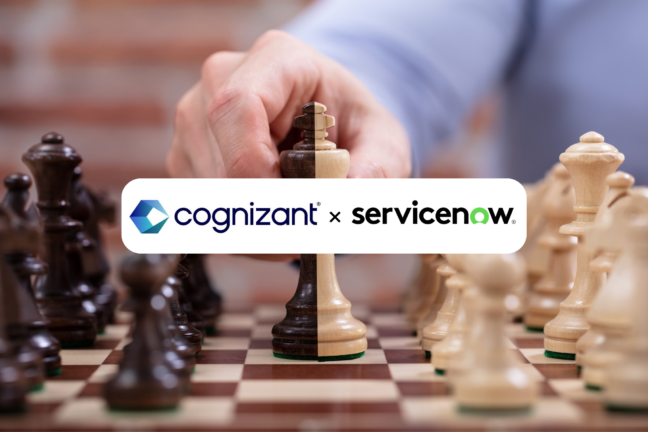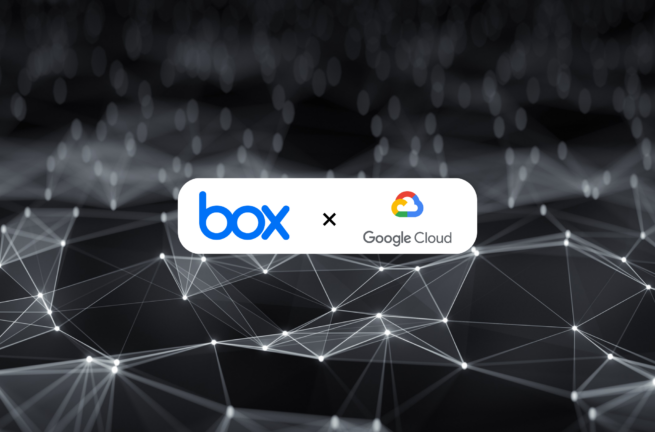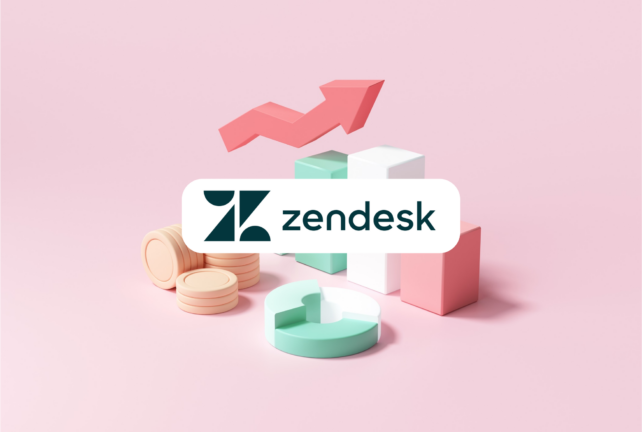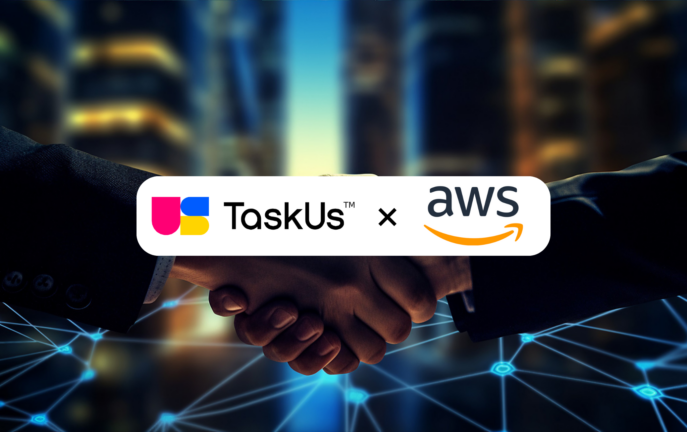One way or another, AI has become an integral part of everybody's life. Still, many employees are unaware of the impact it has. A recent global UKG study reveals that although 63% of workers believe that AI could enhance their job satisfaction and engagement, 54% remain completely unaware of how their company is implementing AI.
This highlights the importance of companies being more transparent about their use of AI and explaining the advantages of prioritizing AI in the workplace. Also, transparency is deemed essential as many employees (68%) are starting to believe that their jobs are at risk because of AI.
“Many businesses are finally realizing what great workplaces have known for a long time now: AI, when used ethically, responsibly, and transparently, has the potential to be everyone’s favorite co-worker. AI is nothing new — we’ve been using AI at UKG since 2015 to help businesses achieve better outcomes. What is new is the transformational potential of generative AI to reshape employee experiences and provide timely, insightful feedback and recommendations with context that empower companies to create a great place to work for all people,” said Hugo Sarrazin, Chief Product and Technology Officer at UKG.

The current state of AI utilization
In the evolving landscape of artificial intelligence (AI), there is a divide between what executives envision and what employees perceive.
C-suite leaders express a high level of confidence in their organizations' current AI deployment. As many as 78% believe that their companies are actively leveraging AI. Moreover, they estimate that AI is directly involved in the daily workflow of approximately 56% of their workforce.
In contrast, when it comes to employees, only 42% perceive the presence of AI in their everyday work tasks. Despite AI's growing role in the workplace, many employees may not fully recognize its impact on their job responsibilities.
AI in personal lives
Outside the office, only 44% of employees believe they interact with AI in their everyday personal experiences, although over 90% have indeed utilized AI-driven technologies. From maps and navigation to predictive product recommendations in services like Netflix and Spotify, from text editors with autocorrect to virtual home assistants like Alexa and Google Assistant, AI holds an important place in personal lives.
Employees eager to embrace AI
Despite the often dystopian portrayals of AI in Hollywood, many employees express willingness to integrate AI into their work lives. Still, 75% of employees would be more open to AI if their companies were transparent about how AI could enhance their workflow and how it is currently employed in the organization. This emphasis on transparency underscores the importance of building trust among employees and fostering a thriving workplace culture.
Positive impact of AI on employees
Employees who are open to welcoming AI into their work routines expect benefits as AI is seen as an important tool for increased engagement and heightened job satisfaction. Moreover, AI has the potential to enhance overall happiness among employees, stimulate a desire to remain with their companies for the long term and bolster trust in their organizations and leadership.
Executive recognition of AI's value
Companies and employees who have fully embraced AI in their workplace operations acknowledge its transformative impact. Almost 80% (75%) of individuals actively using AI in their job roles recognize that it delivers significant advantages, such as boosting productivity, freeing up time for meaningful tasks, and enhancing work quality and accuracy.
Additionally, 71% of C-suite leaders view the advancement and increased utilization of AI as either a high or medium priority for their organizations that can significantly influence their businesses.
While executives acknowledge AI's substantial benefits, there are different opinions regarding who stands to gain the most from AI integration. Of the C-suite leaders, 51% say that employees are the primary beneficiaries. They observe how AI simplifies routine tasks and streamlines various aspects of employees' roles.
In contrast, 49% of executives claim that companies are the primary beneficiaries, pointing to increased financial returns from AI utilization.
The future of AI in the workplace
The survey also explores the future of AI in the workplace. Executives in AI-adopting companies anticipate that by 2028, 70% of their total workforce will be using AI to either automate or augment their job tasks. Even among executives at companies yet to incorporate AI, there is a belief that within the next five years, roughly 20% of their workforce will engage with AI to enhance their job responsibilities.
In other news, UKG has unveiled UKG One View at the HR Technology Conference and Expo, a multi-country payroll solution that is set to transform the way multinational organizations handle employee compensation on a global scale, ensuring fairness, accuracy, and efficiency.
